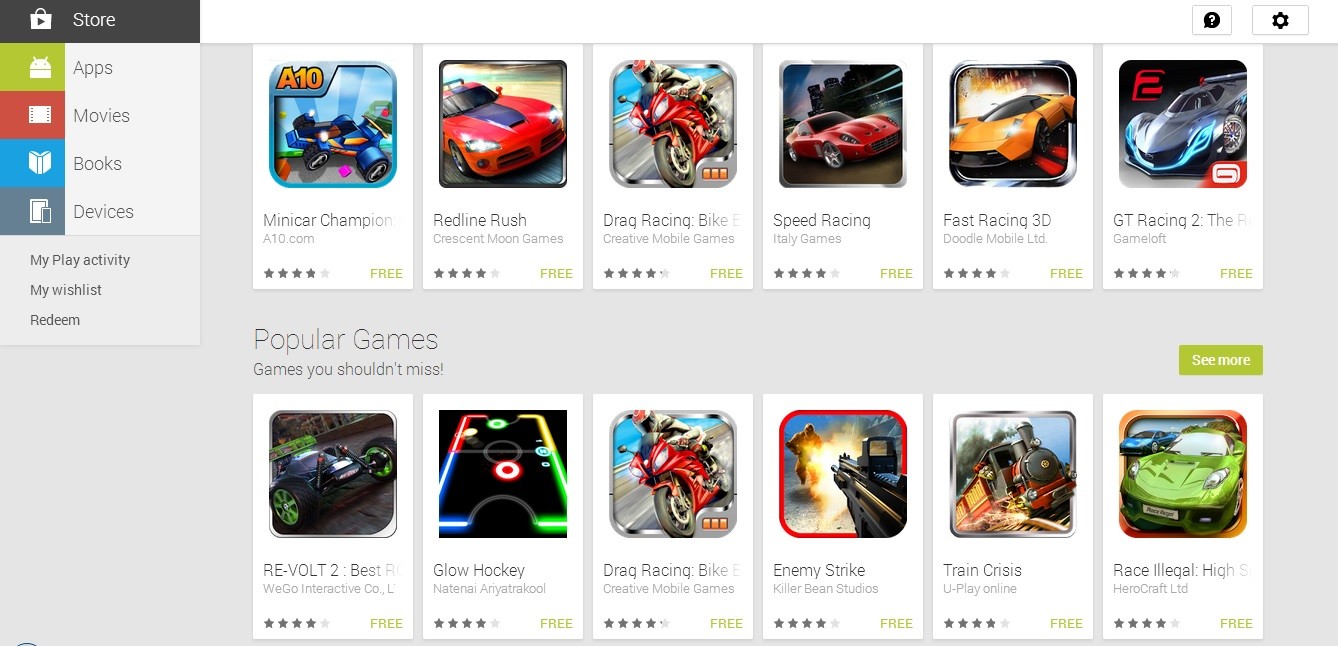All those parents fretting over the literally free reign, smartphones have given their children, can now have more control over what their kids can access and view. Google has today revised its rating system on play store, with the introduction of a new feature: an age-based ratings system for games and apps on Google Play.
The age rating feature will use scales and ranges imposed by the official ratings authority, like the Entertainment Software Rating Board in the States; which is one of the many participating bodies of the International Age Rating Coalition (IARC) , meaning that an app or a game may be okay for a child in Europe, but not in Asia.
Regions which do not have a rating authority will follow a generalized age rating system. Developers that are dealing with apps that are already out in the market can complete the new rating questionnaire through the Android Developer Console. If they don’t complete the questionnaire, their apps are marked ‘Unrated,’ and may be blocked in certain areas (and there is no way to override them).
The deadline for the entire process is scheduled in May. The parental controls feature will be updated to allow blocking of these new rating categories.
Google also revealed that for the past couple of months, they’ve had a team of reviewers in place who analyze apps for policy violations prior to publication. This is similar to Apple’s approach to their apps; they have a mix of algorithms and human intervention doing the job for them.
Purnima Kochikar, Director of Business Development for Google Play said that the machine based system they had in place was efficient in flagging images in apps and games that did not comply with Google’s policies, but was lacking in addressing more complex issues like intellectual property issues.
She further revealed that they had been working for around half an year to get the app review system functional, and in a way that did not trade-off with delays in the publishing process.
As stated by Kochikar-
We started reviewing all apps and games before they’re published – it’s rolled out 100%, and developers haven’t noticed the change.
The Tech Portal is published by Blue Box Media Private Limited. Our investors have no influence over our reporting. Read our full Ownership and Funding Disclosure →






